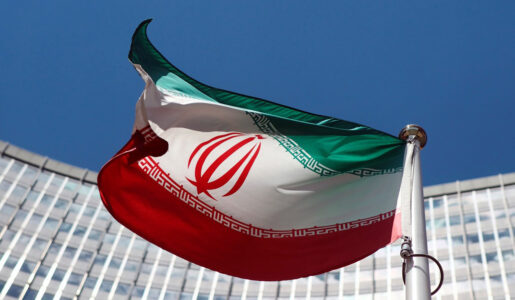Aftandilian in Arab Weekly on Iran’s Role in Syria
Gregory Aftandilian, Lecturer at the Frederick S. Pardee School of Global Studies at Boston University, published a recent Op-Ed discussing the Trump administration’s mixed messages in recent weeks over Iran’s presence in Syria.
Aftandilian’s Op-Ed, entitled “Washington’s Mixed Messages Over Iran’s Role in Syria,” was published in The Arab Weekly on July 16, 2017.
From the text of the article:
The Trump administration has acted, in recent weeks, more aggressively against Iran’s presence in Syria, including attacking pro-Iranian militias. However, the US Defence Department spokesman in Iraq seemed to suggest that the United States might not object to Syrian forces battling the Islamic State (ISIS) if there is “de-confliction” with US and US-supported forces, suggesting that the United States is not eager to have a major confrontation with Iran despite reports to the contrary.
One of the goals of the Assad regime is to take the Deir ez-Zor region of eastern Syria where the country’s main oil resources are. The regime hopes that the weakening of ISIS in Syria will allow its forces and those allied with it, such as Iran-supported Shia militias, to capture Deir ez-Zor.
Syrian President Bashar Assad’s goal has run up against US plans to have the Syrian Democratic Forces, made up mostly of Syrian Kurds and Syrian Arab tribesmen who have been advised and armed by the United States, to spearhead the fight against ISIS.
Aftandilian spent over 21 years in government service, most recently on Capitol Hill where he was foreign policy adviser to Congressman Chris Van Hollen (2007-2008), professional staff member of the Senate Foreign Relations Committee and foreign policy adviser to Senator Paul Sarbanes (2000-2004), and foreign policy fellow to the late Senator Edward Kennedy (1999).
